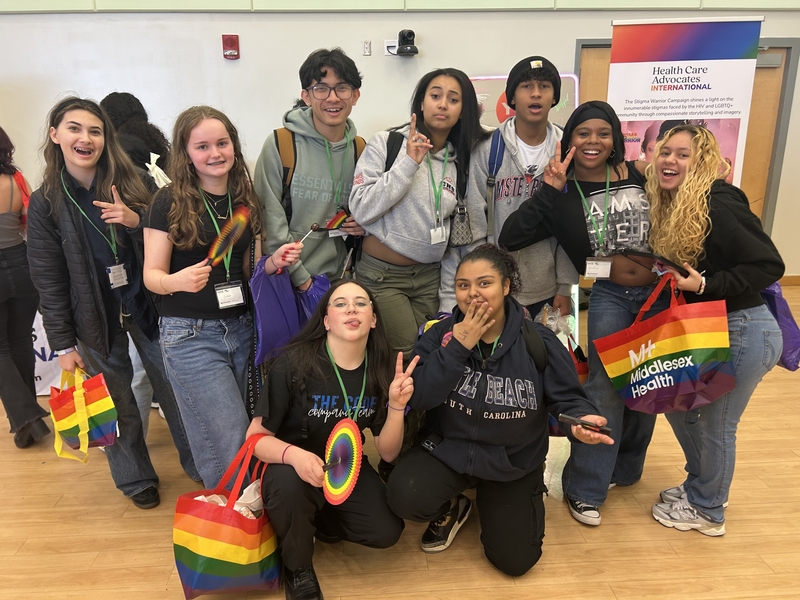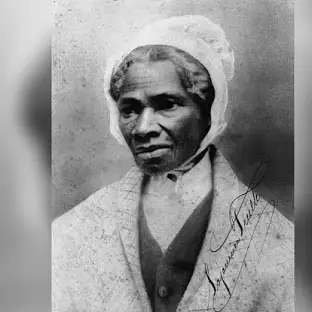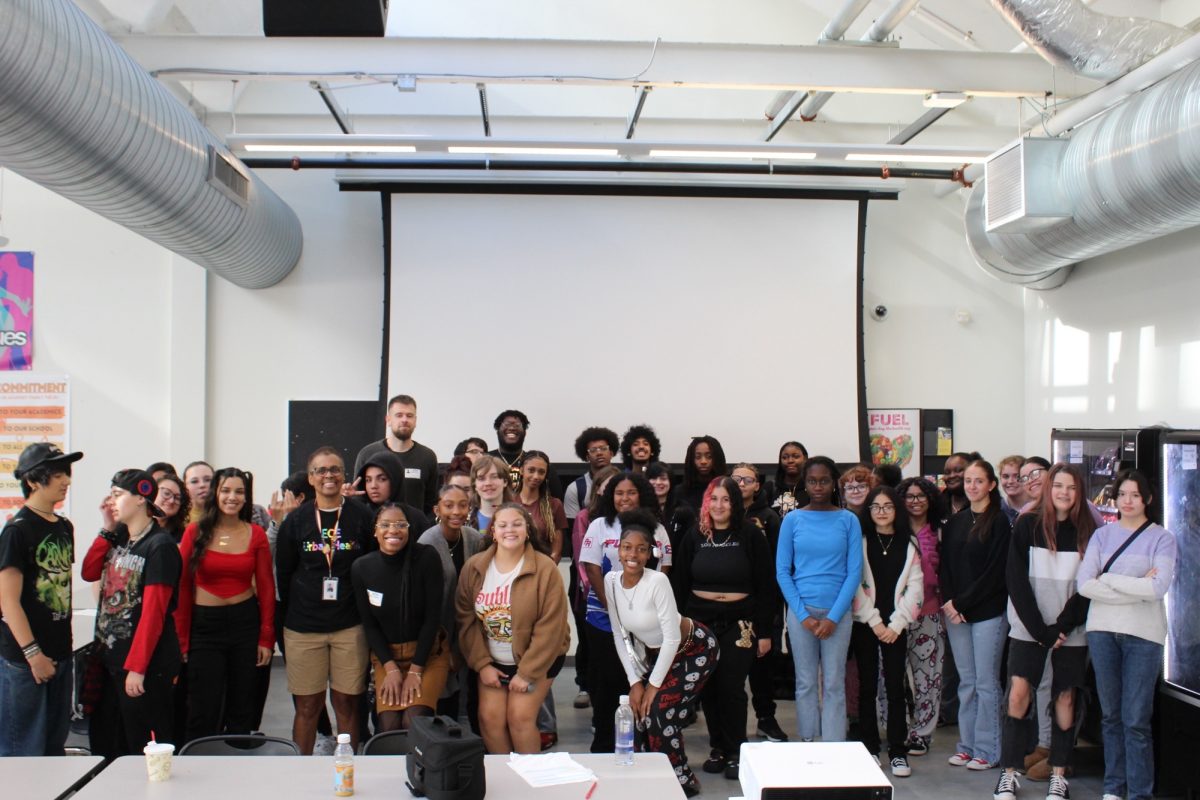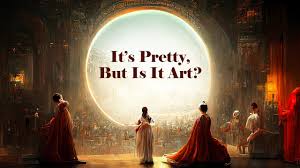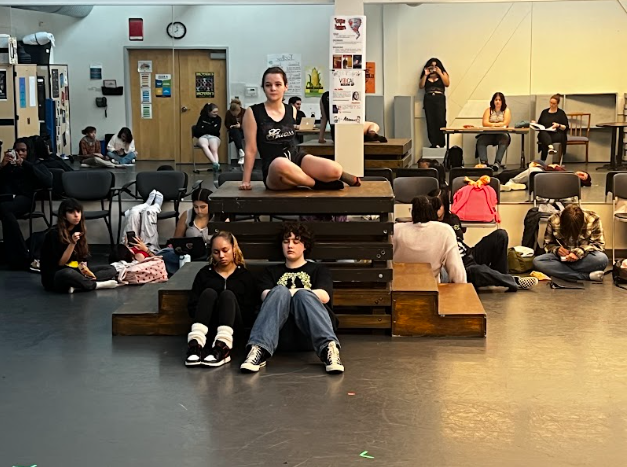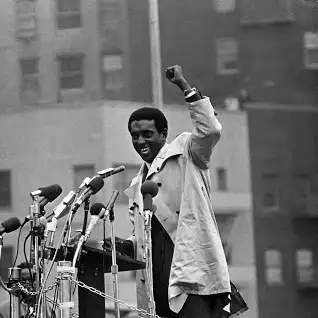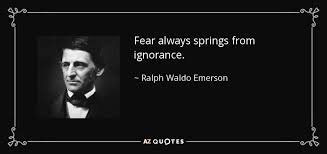Stokely Carmichael was a prominent civil rights activist and a member of the Student Nonviolent Coordinating Committee (SNCC) protesting organization. In the 1960s, he grew popular and controversial due to his uncompromising stance on racial equality and his criticism of America. This was showcased in one of his most notable speeches titled ”Black Power.” Held on October 29th, 1966, at a student-held politic-based University of California, Berkeley, convention, Carmichael’s “Black Power ” speech addressed the topic of black racism and black empowerment and discussed ways for black civil rights to advance. His audience was filled with liberal white middle-class students; however, UC Berkeley and its students have a history deeply rooted in liberal and progressive ideologies. Choosing this audience was one of the many deliberate choices Carmichael made during this speech. Throughout the speech, Carmichael adamantly claimed that relying solely on white society and white people’s solutions would not result in actual change for the black community; therefore, black Americans needed to organize politically and assert their own power to achieve equality and justice. His passionate and bold tone along with his use of pathos, ethos, meticulous diction, and his refutation of multiple counterclaims built a persuasive argument for his audience, allowing him to inform people on black liberation and empowerment, inspire black people to assert their political and social rights, and spread his black liberation message to a broader demographic.
Immediately, Carmichael grabbed the audience’s attention by appealing to pathos, specifically by appealing to humor. He satirically referred to UC Berkeley as the “white intellectual ghetto of the West” (Carmichael 00:02) and then shortly followed that up by using provocative language when stating that he did want “to be caught up in the intellectual masturbation of the question of Black Power.” (Carmichael 1:10) The use of humor not only showcased Carmichael’s charisma, but also created a sense of camaraderie between him and the audience, which allowed him to connect with the audience right away. This connection prompted a deeper engagement with Carmichael and thereby, a deeper engagement with his message. A deeper engagement with his message would make his audience more likely to be persuaded by his argument, meaning his appeal to pathos successfully aided him in beginning to build a persuasive argument. Additionally, his use of satire and provocative language made his argument more memorable, furthering its potential persuasiveness.
In order to take this potential persuasiveness and solidify it, Carmichael also appealed to ethos in the beginning of his speech. Before he got into the main part of his speech, he established the credibility of the organization he’s in, the Student Nonviolent Coordinating Committee (SNCC). He states that SNCC “has been able to win elections in Georgia, Alabama, Maryland.” (Carmichael 00:18) His references to SNCC’s accomplishments gave him credibility as a speaker because it showed that one of the main things he aligns himself with is effective, legitimate, and actually fights for civil rights. This was particularly impactful since his audience consisted mainly of college students who frequently protested and even set up the politic-based convention he was speaking at. Him seeming more credible made him more trustworthy, and this trust helped him persuade the audience because people are more likely to follow and believe a person they trust, meaning his appeal to ethos helped him build a persuasive argument.
Within his use of pathos and ethos and his speech in general, Carmichael uses connotative diction to subtly persuade his audience by evoking strong emotions and painting vivid images in their minds. For instance, he chose phrases such as “miserably failed” to describe the United States and “runs rampant” to depict white supremacy so they could evoke disappointment and outrage in the audience causing them to take his argument more seriously. Similarly, when talking about the horrible things the U.S. has done to other countries he chose to specifically say they “kill[ed] babies, women, and children” as opposed to just saying they killed people. This horrific image evokes empathy in the audience. All of this put together intensified the emotional impact of his message and made it harder for the audience to dismiss or ignore, therefore persuading them to believe his argument and take action.
Finally, to ensure his persuasive argument would stick with the audience, throughout the speech, Carmichael made sure to refute multiple counterclaims that may dissuade the audience. For example, when talking about civil rights bills not being passed, he refutes the claim that they are not being passed because of rebellions and black power by saying that they’re not being passed because of the “Incapability of whites to deal with their own problems inside their own communities.” (Carmichael 08:06) Then he does it again when he refutes the claim that impoverished people are impoverished because they don’t work by saying that if that were true many politicians would be impoverished. Him refuting counterclaims numerous times allowed him to maintain the persuasive argument that he built by pointing out the flaws in the thought process of any audience members with opposing views, prompting them to believe the other more seemingly non-flawed side.
To conclude, in Stokely Carmicheal’s “Black Power” speech, he used pathos, ethos, meticulous connotative diction, and his refutation of common flawed counterarguments to build a persuasive argument. When taken together, these appeals are effective for the speaker’s target audience since they were protesting college students who are likely to emotionally connect through the pathos, respect the speaker for having similar goals as seen through the ethos, be emotionally driven as a result of connotative diction, and reject any counterclaims because of his counterarguments. Though he wrote an effective speech, he could’ve been more persuasive if he had included more concrete examples and evidence to support his claim and argument, appealing to logos. Providing specific dates could have made his claim and arguments convincing for the more skeptical audience members. Still, this was a very effective speech. The most powerful aspect was Carmichaels passionate delivery along with everything he did to appeal to pathos. This probably left a long lasting impact on the audience; I know it did for me.



